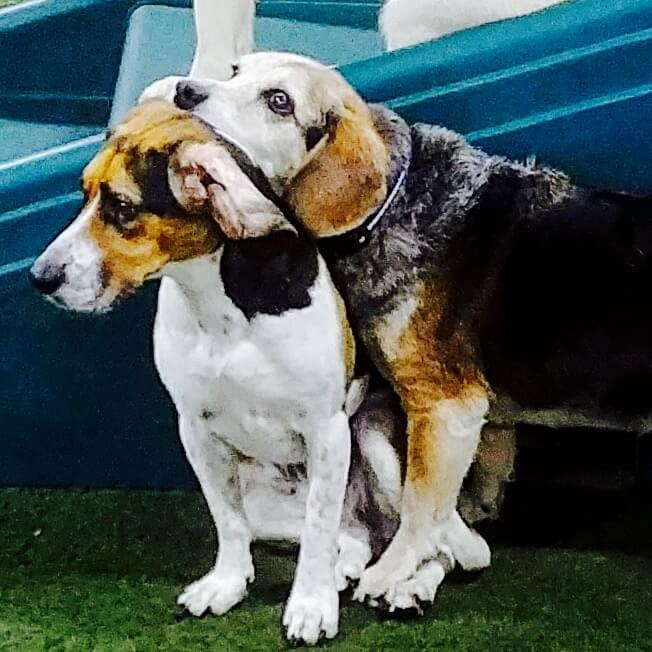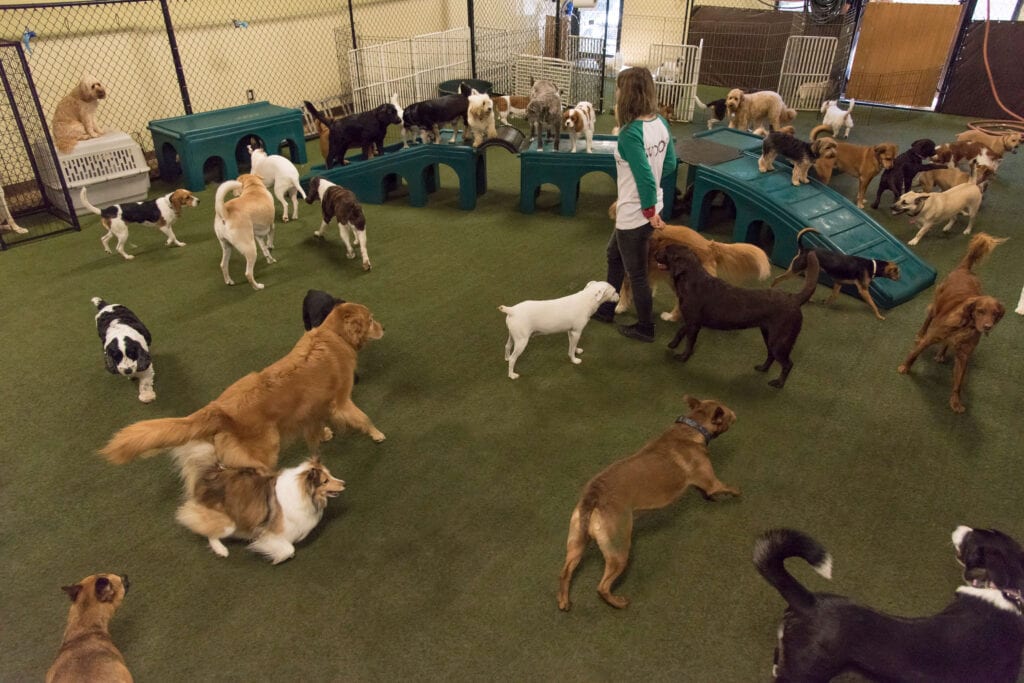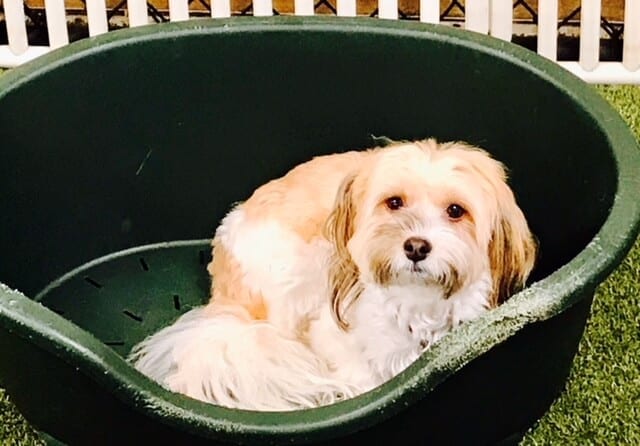There are many different things that could cause your dog’s loose stool, from eating too many liver treats or too much dairy, to just not quite feeling right, but before if the issue goes on more than a day or two, make sure you are able to rule out Coccidia and Giardia.
Coccidia and Giardia are both single celled organisms (not worms) that live in the intestinal tracts of dogs and cats. Puppies and dogs that are ill or stressed are more susceptible to the parasites. They can cause diarrhea that can lead to possible dehydration if not treated. Thankfully both are easy to treat but do require a visit to the veterinarian and a prescription.
How does my dog contract the parasites?
The most common way of contracting the parasites is by ingesting feces that is infected with either the mature parasite or the cysts, which are the eggs of the parasite. The cysts can survive in a cool and humid environment, like what we get on cool spring days. Giardia can also be contracted through drinking from water that is exposed to feces (puddles, streams) or that another dog with Giardia has been drinking from. The parasites can also be ingested when your dog groom himself to get dirt that could be infected off his paws.
Coccidia is often passed from mother to puppy if the mother is shedding infected feces. Young puppies don’t have immunity to fight off Coccidia, so the organisms can reproduce in great numbers. Most puppies that get Coccidia are between 4- 12 weeks old. If your puppy is in this age group and gets diarrhea be sure to talk to your vet. Coccidiosis is very contagious especially among young puppies, so be sure to take precautions.
What are the symptoms?
The most common symptom is diarrhea. In Giardia, the stool can range from mildly soft to quite runny and watery or even bloody. Coccidia can be asymptomatic in mature dogs but can cause very watery diarrhea with or without blood in puppies. For dogs that are experiencing diarrhea, they can also appear weak from the dehydration. Remember dehydration is serious issue. Be sure to take your dog to the vet if you notice any sudden changes in your dog’s stool.
How is it diagnosed?
Your vet will need a stool sample and will conduct an enzyme-linked immunosorbent assay test. The stool is examined under a microscope to see if any parasites are visible. The diagnosis is simple and treatment takes 1-3 weeks. During treatment, but sure to keep your dog clean, especially and his hind quarters to prevent re-infection.
How do I prevent my dog from contracting it?
Always provide clean drinking water for your dog. Keep your yard clean and keep an eye on your dog when you are out for walks. Don’t let him drink from any suspect water sources and make sure he’s not ingesting things he finds on the roadside. If your dog contracts the parasite and has diarrhea inside the house, clean the soiled area with boiling water or a 10% ammonia solution.
Can I get either parasite from my dog?
It’s very rare for a human to get Giardia or Coccidia from a dog. Humans can get Giardia, but the type the infects humans is different from the type that infects dogs and cats. Same goes for Coccidia, the type of Coccidia your dog is most likely to get, is not transferable to humans.






